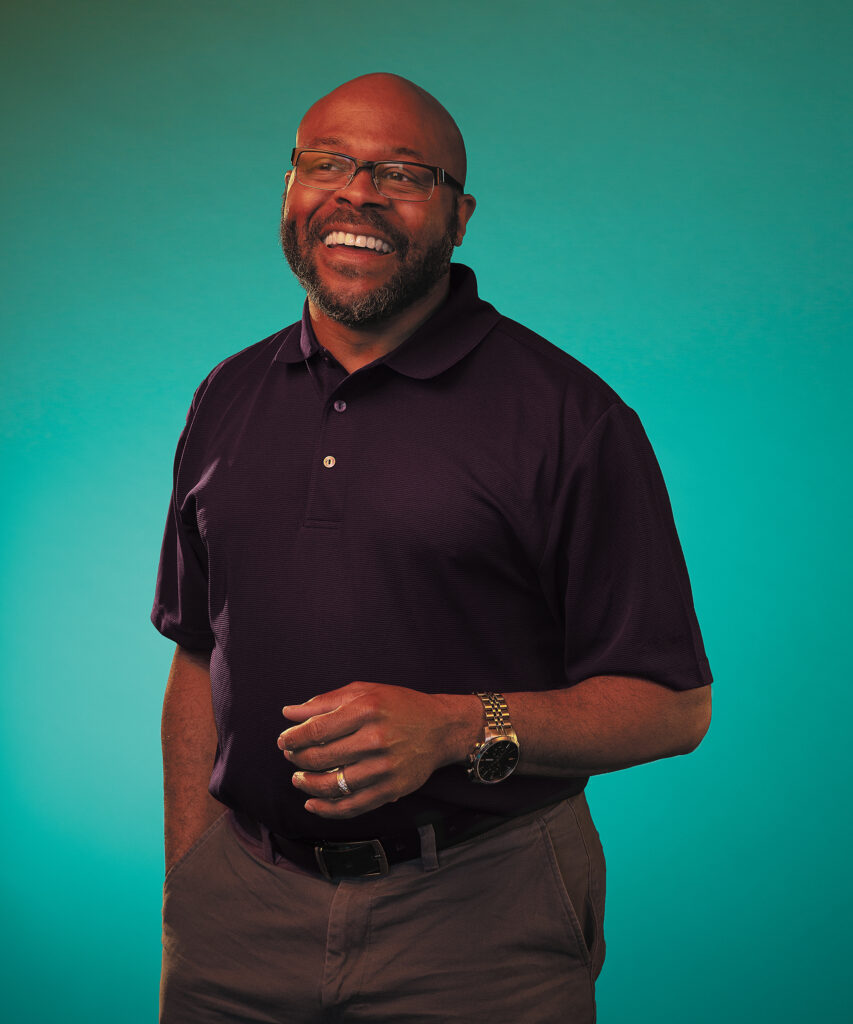The Vulnerability of Solidarity

Marion McClary (Photo: Robert Carter)
Marion McClary
Professor of Biological Sciences,
Chair of the Department of Biological Sciences
By Kenna Caprio
For Marion McClary, professor of biological sciences and chair of the department of biological sciences, it’s the solidarity.
When students and alumni reached out to faculty, staff and administrators via email and social media after the murder of George Floyd, calling for FDU to address and renounce racial violence, McClary recognized their need to be seen and to be heard.
“I told the students and alumni who contacted me, ‘I’m concerned, too. I’m afraid, too.’ As an African American man, as a person of color, I understand what they’re going through. I’m faculty, but I’m in the same boat, in the same situation. That violence could happen to me. Putting myself in a vulnerable position by expressing that really connected with the students,” says McClary. “They want faculty and staff to feel what they feel.”
In graduate school, McClary faced discrimination and racism from his marine laboratory director. He was the only Black man in the zoology program. “My approach then was just to prove myself,” he says.
But now, it’s to be an advocate for his biology students, as a professor, as a mentor and as a volunteer.
As the FDU coordinator of the Louis Stokes Alliances for Minority Participation (LSAMP) in STEM (science, technology, engineering and mathematics), McClary creates a support system for students of color, connecting them with tutors and research and internship opportunities.
More than 200 students who’ve participated in the program have graduated from FDU. Currently, 33 students are enrolled. The goal of the alliance, funded by the National Science Foundation, is to increase the number of minority students who earn bachelor’s degrees in STEM fields.
As a member of the Maxwell Becton College of Arts and Sciences Diversity and Inclusion Committee and of the president’s Diversity, Equity and Inclusion (DEI) Advisory Council, McClary advocates for increased representation in curriculum development and in hiring practices.
“We need faculty members of color to be mentors, guiding students through academics and helping them navigate college in general,” says McClary. “We need to measure change, track DEI data and continue outreach to students. That shows we care. So does accountability.”